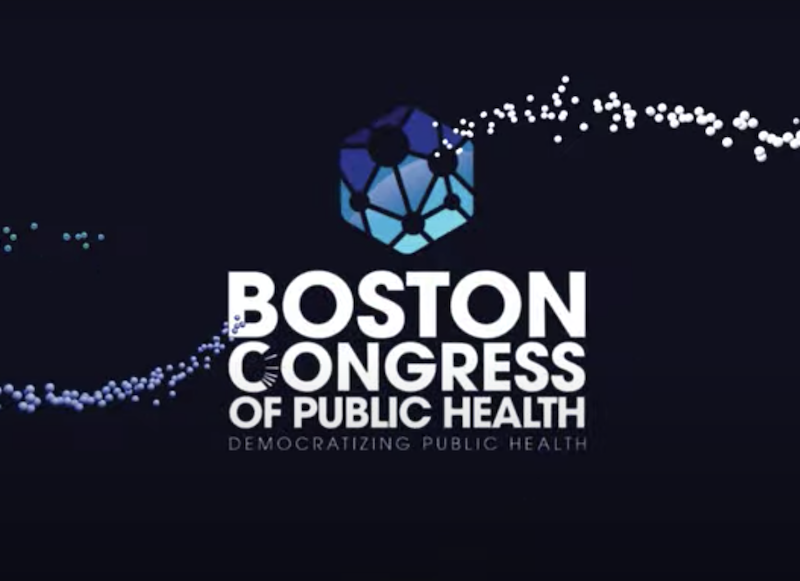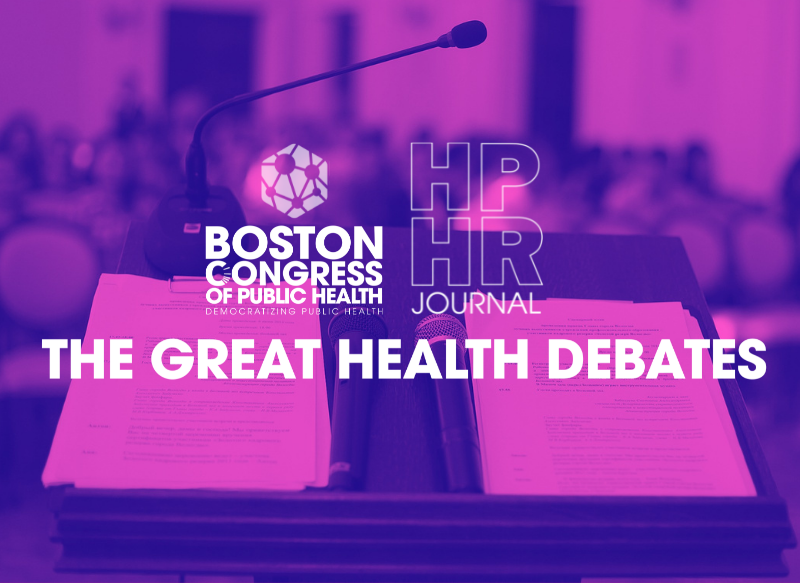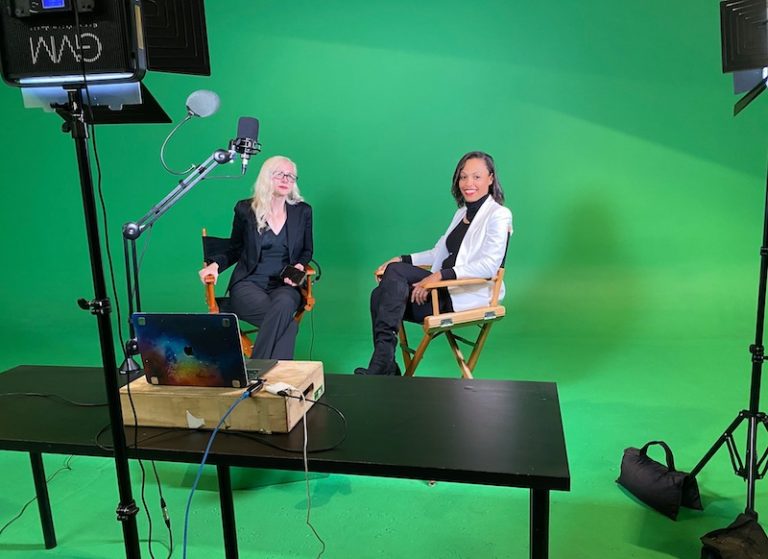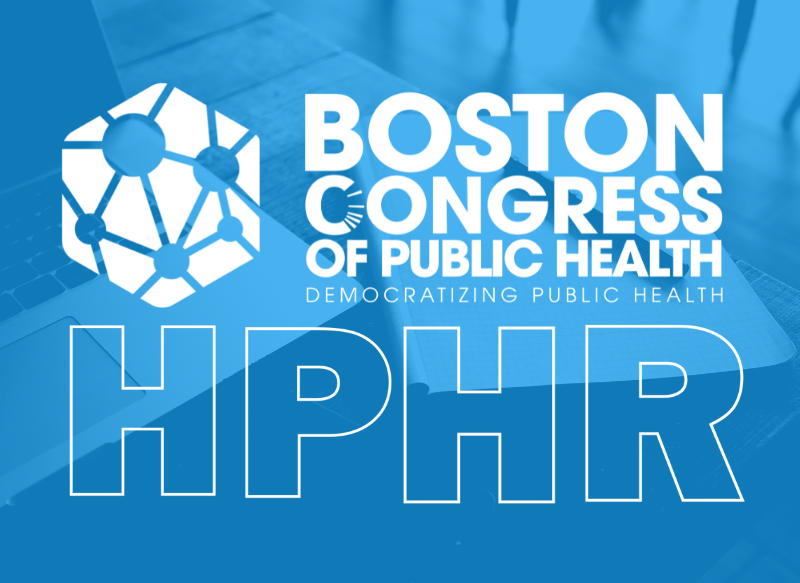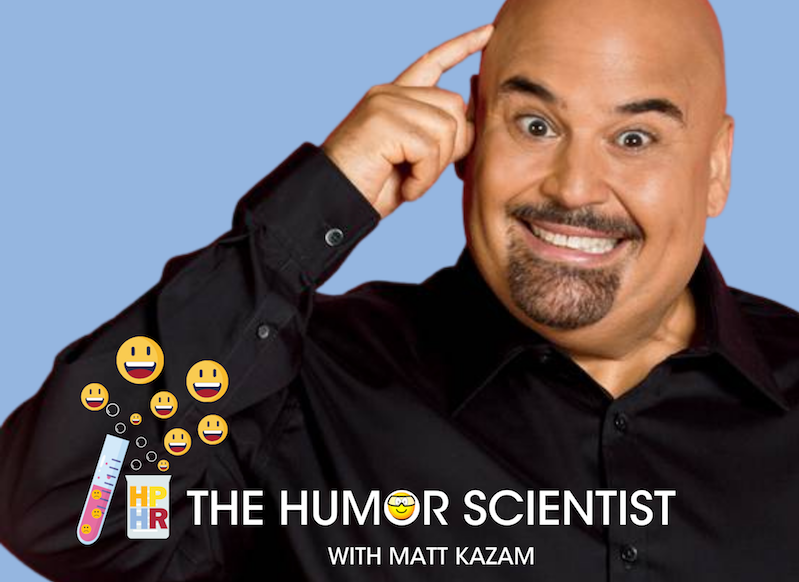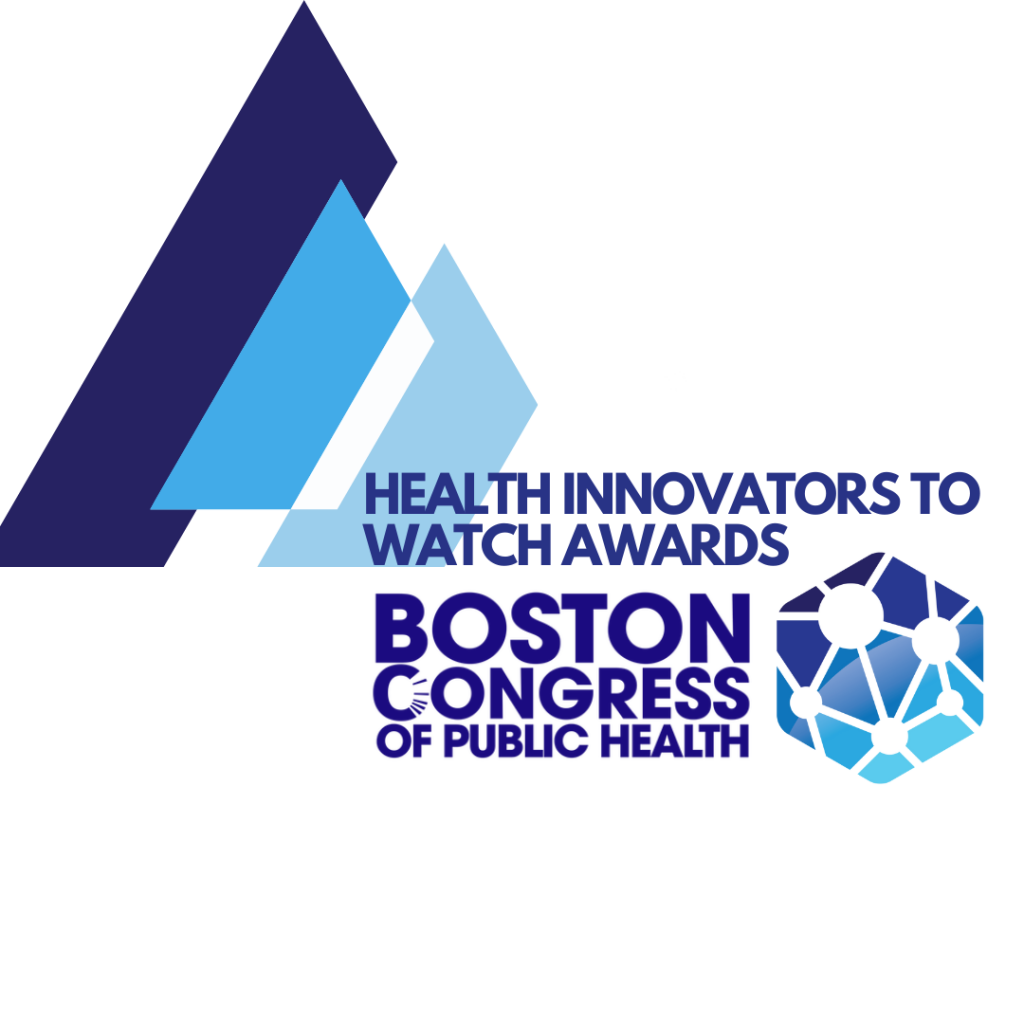
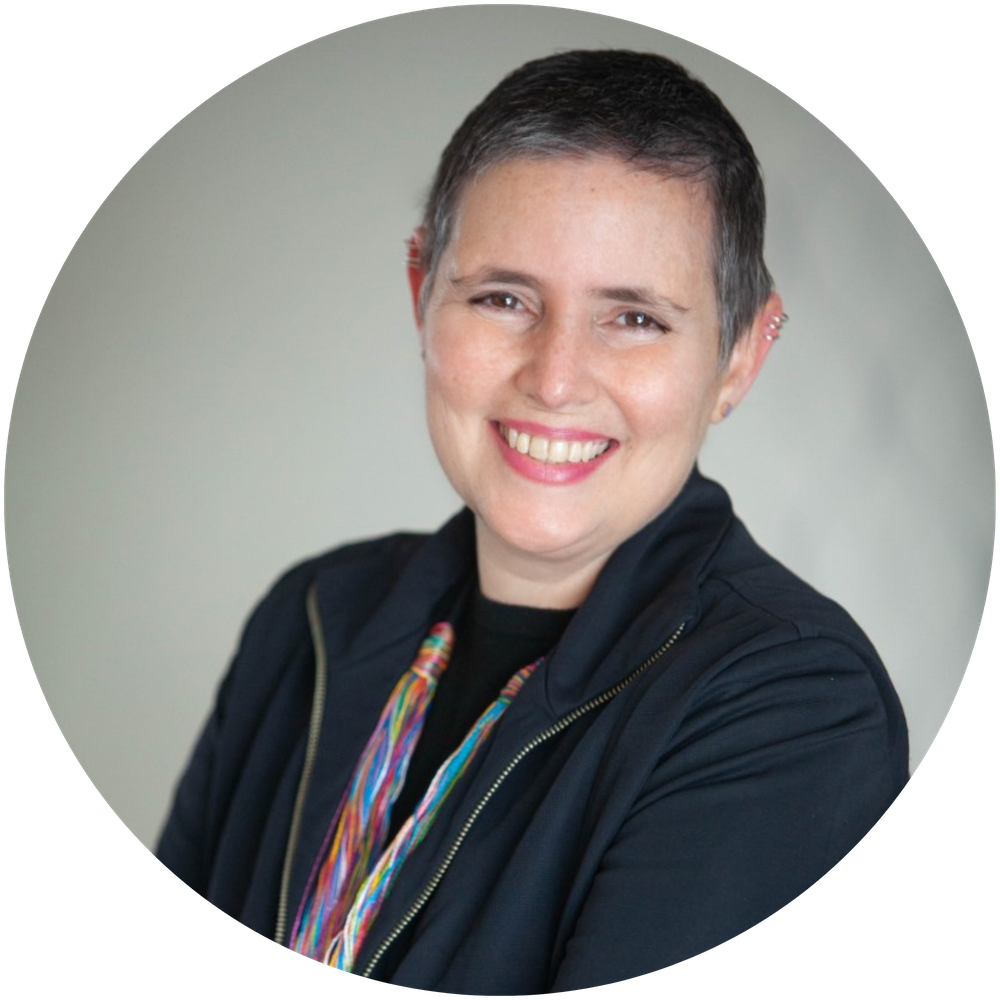
Dr. Monica Malta is a global health researcher from Brazil, a human rights activist and a TED speaker. She has been developing public health interventions in Latin America since 2000, working mostly with highly vulnerable populations such as people living with HIV/AIDS, people who use drugs, sex workers and LGBTQ+ persons. Her work informed key changes in public policies in Brazil, including (1) the decision to offer free and early treatment to all HIV-positive adults in late 2013, (2) the fast implementation of free HIV treatment as prevention (TasP) and pre-exposure prophylaxis (PrEP) strategies for most vulnerable populations (2017); and 3) the Brazilian Supreme Court decision to make homophobia and transphobia crimes similar to racism (2019). She works closely with LGBTQ+ organizations from Latin America to implement and test interventions developed to decrease the high levels of violence and deep health inequalities faced by this population.
Personal Statement
I am writing to apply for the Health Innovators to Watch Awards. I have been working to improve the lives of highly disenfranchised and vulnerable populations from Latin America since the beginning of my career. Brazil is one of the most violent countries to be a woman and the most violent country globally for queer women. During the last five years, Brazil registered more than 15 murders of women every day. In the previous ten years, the country responded to over 40% of all murders of transgender and gender-diverse persons worldwide. In both tragic scenarios, the heavier burden is among People of Color.
Compared to the general population and other sexual and gender minorities, transgender women are more likely to report being victims of physical and sexual violence while also bearing a disproportionate burden of common mental disorders. Discrimination and high rates of violence impact several aspects of Brazilian transgender and gender-diverse persons, increasing rates of social isolation, school drop-out, homeliness, depression, anxiety and suicidality. At least one transgender person faces torture and murder every 48 hours in Brazil.
In 2019 I launched a mobile health intervention to address this grim reality, the ‘Dandarah: Rainbow Resistance.’ The mobile health strategy uses crowdsourcing to identify risky and safe places for LGBTQ+ persons. It also allows users to include a pin where they experience or witness violence and/or discrimination and safe spaces (e.g. LGBTQ+ friendly shelters, welcoming health clinics, NGOs etc.). If the user feels in danger, they can press a panic button to alert five registered contacts who will receive their exact location. After pressing the panic button, users will also have access to phone numbers of emergency services.
During the COVID-19 pandemic, app users had access to additional information, including addresses of hospitals and clinics identified as LGBTQ+ friendly, shelters opened for those experiencing domestic violence and 24/7 crisis support. As of March 2023, over 10,000 LGBTQ+ persons are actively using the Dandarah App. Users now have access to mental health screening, pro-bono legal support, 24/7 crisis support, and referrals to health, social and psychological services. All services included in the app were previously evaluated as LGBTQ+ friendly by users. The NIMH/NIH and the Brazilian Ministry of Health supported the strategy, and we received three patents.
I am passionate about global health and have worked in this field for over a decade. However, as a Latina women scientist, I know too well that this field needs more diversity. I also know sexism, racism, and power asymmetry are still too pervasive in global health. The movement to decolonize global health has helped highlight the marginalization of women, Black, Indigenous and people of colour, and people from the Global South in all areas of global health.
To tackle this scenario, I joined the leadership board of ‘500 Women Scientists’, a grassroots organization supporting over 20,000 women and people from gender minorities working in science, technology, engineering, mathematics, and medicine (STEMM). Justice, equity, diversity and inclusion (JEDI) is the foundation of our work, and our leadership team includes cis and trans women, gender non-conforming, and non-binary STEMM professionals (
https://500womenscientists.org).
As a leadership board member, I have been engaged in several strategies organized at 500 Women Scientists. One of those strategies is the Wikipedia Edit-a-Thons. We have designed programming to ensure the contributions of women and people from gender minorities leading in STEMM are reflected in the world’s largest free encyclopedia for all to discover. Wikipedia is one of the most highly trafficked websites in the world, but only around 19 percent of English Wikipedia biographies are about women and gender minorities. In the past four years, we’ve created and edited over 5,000 Wikipedia pages, which have been viewed more than 80 million times: 80 million opportunities to share diverse stories in STEMM and to slowly change the face of science. We also developed the Gage search platform (https://gage.500womenscientists.org), the world’s first and most extensive directory of women and gender-diverse experts in STEMM. This platform is a valuable resource for people seeking the expertise of underrepresented voices in these professions.
As a social epidemiologist deeply committed to JEDI principles and engaged in several health innovations, I believe my expertise aligns with the Health Innovators to Watch Awards.
Honorees selected for the Health Innovators to Watch Awards come from across the globe, representing health and healthcare innovation in traditional public health fields, research, academia, architecture, and more. In addition, innovators are intentionally diverse in backgrounds, from public health founders and co-founders, inventors, national and international leaders, directors, researchers, academicians, and curriculum developers
